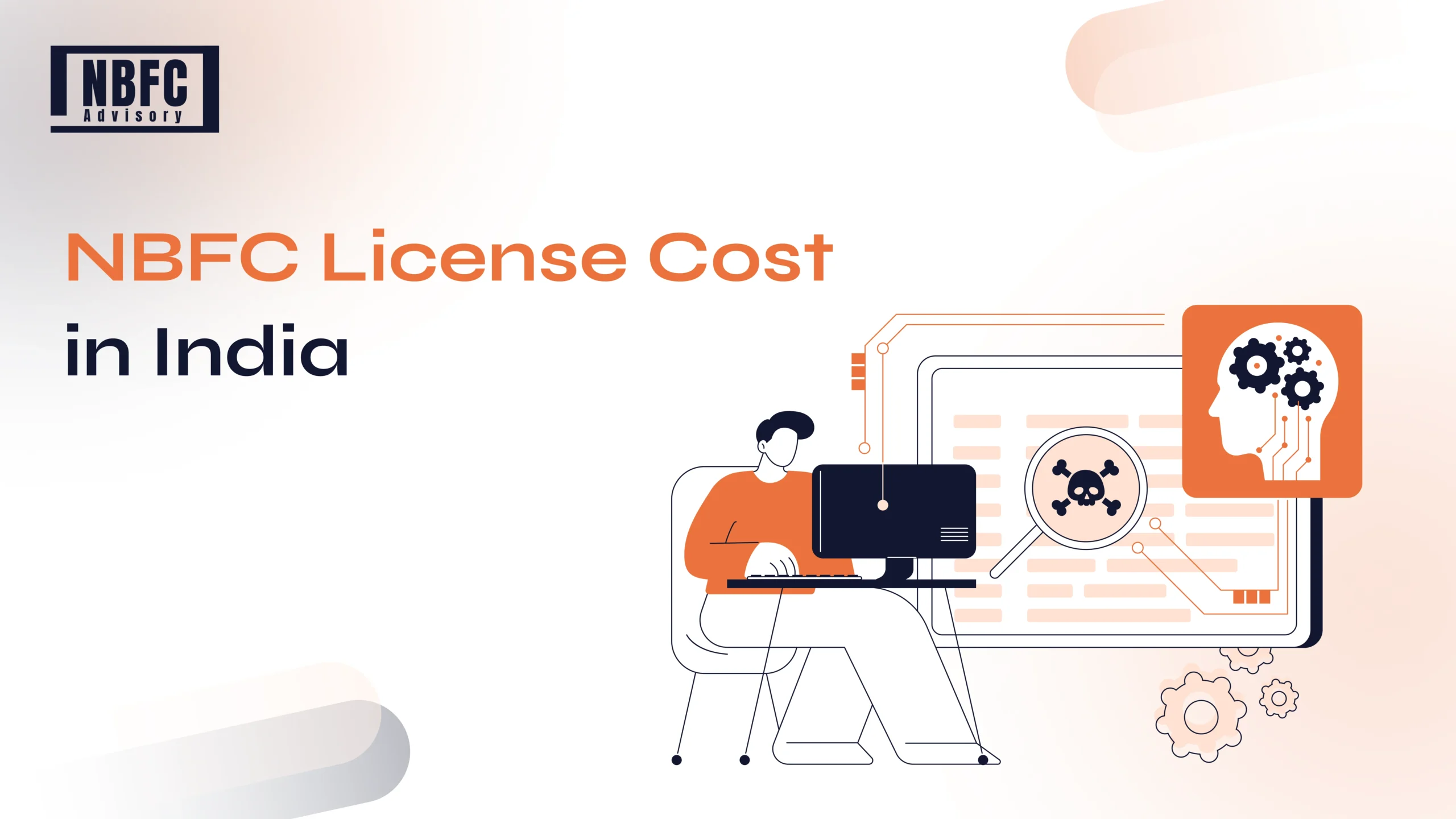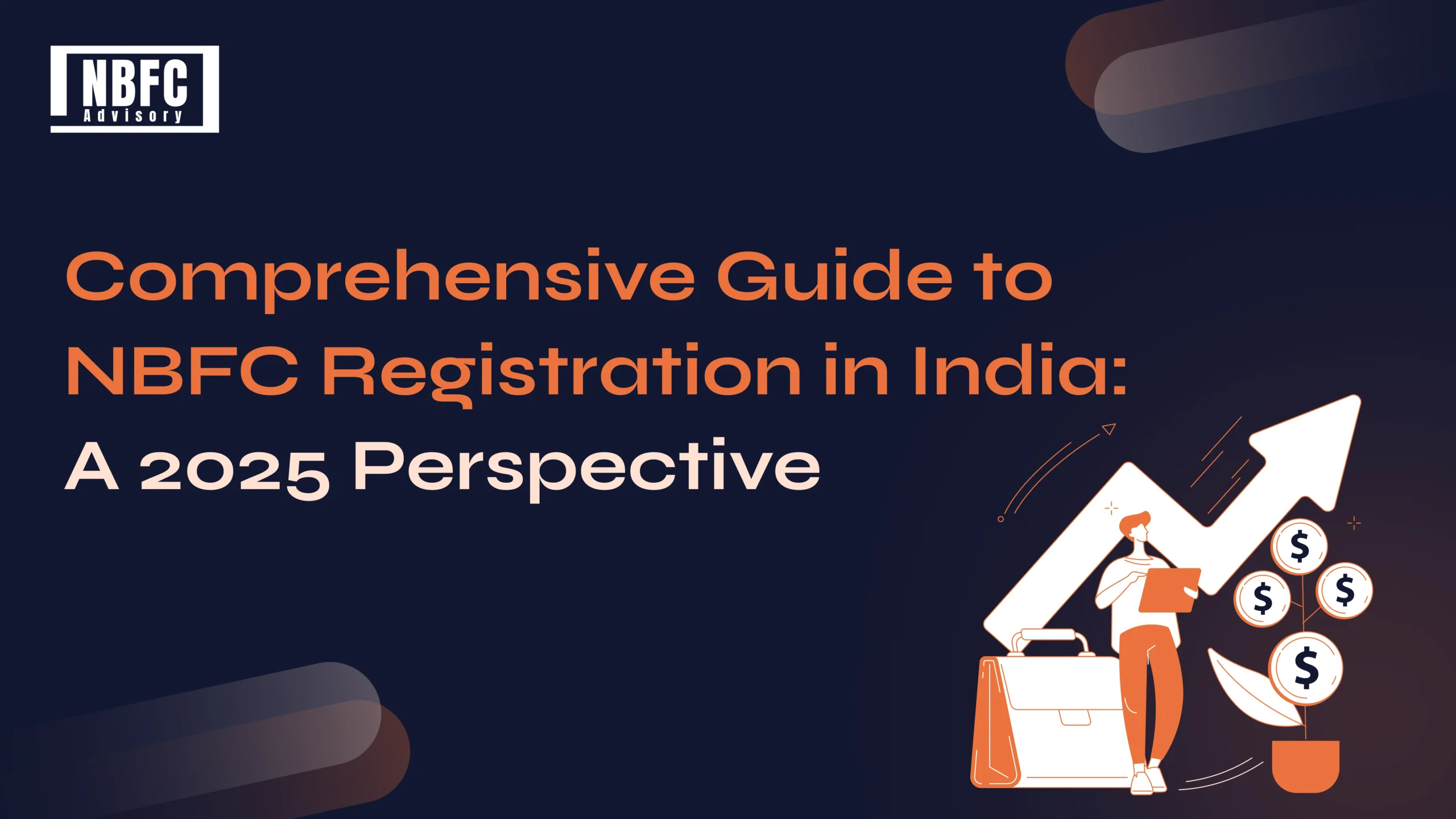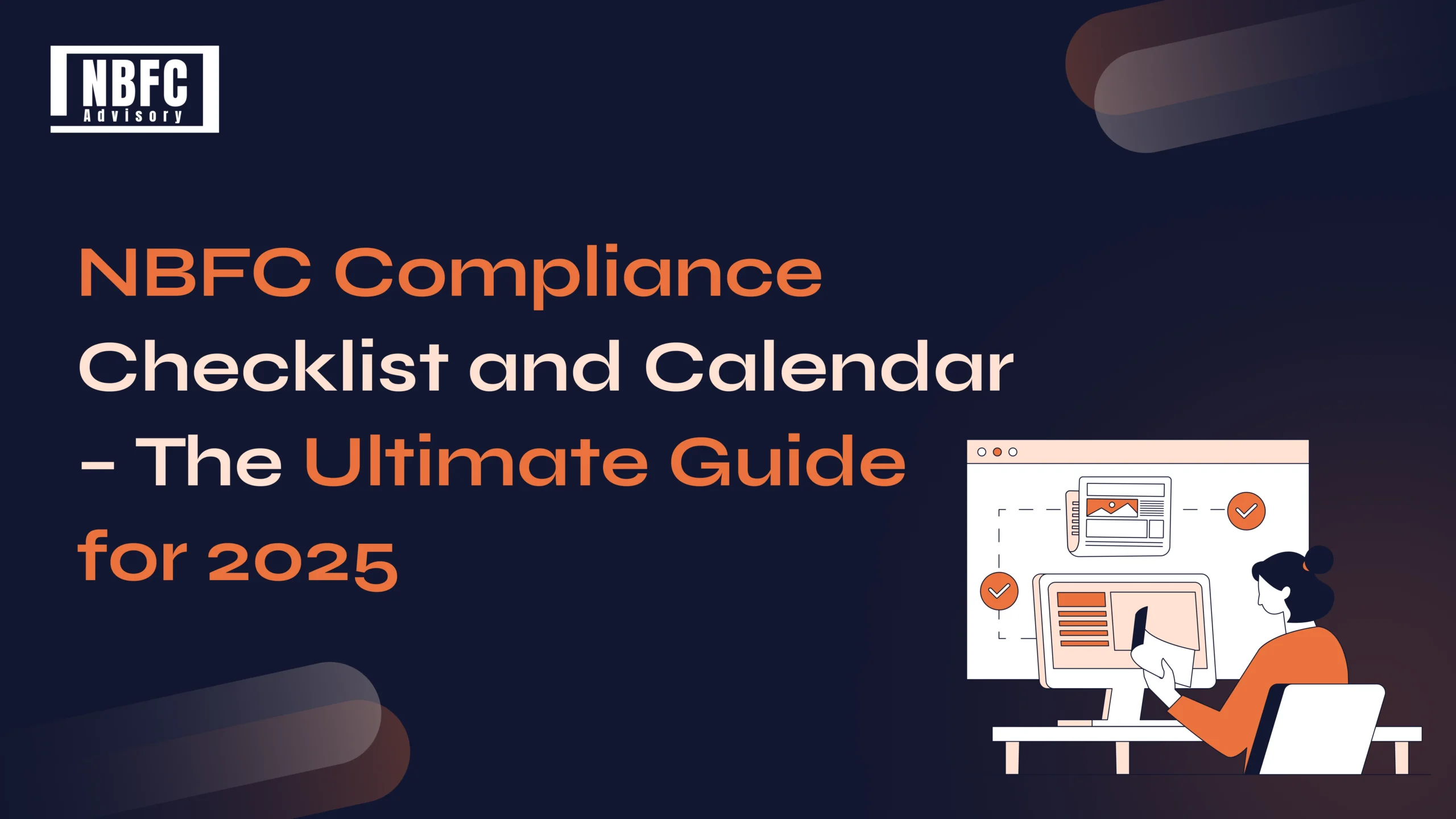Gone were the days when blockchain technology was only associated with cryptocurrency. Now, many industries, like healthcare, insurance, logistics, medicine, entertainment, etc., are trying to harness the advantages of this new and evolving technology, and fintech, as an evolving industry that entirely depends on technology, does not want to lag in any way.
Fintechs are embracing blockchain because of many advantages, like the democratized process, highly secure and transparent transactions, and efficient real-time recordings.
Defi, or Decentralized Finance, is the next step in the evolution of fintech that utilizes decentralized contracts. Several financial houses have also started investing in blockchain in finance R&D to make their business more technology compliant and secure.
Let’s now look at how blockchain technology is revolutionizing the fintech industry.
7 ways in which blockchain is revolutionizing fintech and NBFCs
1. Robustifying Fintech Industry
The fintech blockchain market is expected to reach a valuation of $36.04 Billion by the end of 2028. Many of these apps use blockchain technology to provide their users with reliable and secure transactions. There are 679 Blockchains in Financial Services startups in India. With the integration of blockchain and fintech, a whole ecosystem of these apps can be created, giving users complete control over their money and data.
2. Proactive Solution via blockchain technology to fintech Legacy Challenges
Blockchain technology provides proactive solutions to the common challenges faced by many fintech and NBFCs. They include long-fund raising cycles because of the bureaucratic processes, missed out targets and increasing losses due to time taken in transaction clearance, and less trust in fintech apps because of their mismanagement.
Blockchain technology addresses all the challenges mentioned above because it allows non-centralized, peer-to-peer, fast, and almost real-time transactions.
3. Decentralized banking and p2p transactions
Blockchain is based on distributed ledger management technology. It records transactions in a digital ledger called blocks. These blocks are linked together in a way that is extremely difficult to break in. This facilitates peer-to-peer transactions and removes the need for a centralized system.
Fintechs, mainly NBFC Fintechs, can use this technology to have a decentralized banking system. This will save them from complicated bureaucratic banking processes leading to faster transactions. As there will be no hierarchy in a decentralized system, it will facilitate direct p2p transactions.
4. Paperless & seamless Trade Finance
Finance as an industry is highly reliant on paperwork. This makes the transactions time-consuming. The stock market is heavily dependent on cumbersome paperwork and the various processes of brokerage, exchanges, clearing, and settlement. A single transaction settlement may take 2-3 days or even several days.
With the use of blockchain technology, the settlement of transactions can be seamlessly completed without any hassle of paperwork. Also the time taken will also be reduced dramatically.
5. Robust regulatory Compliance and Audit
Complying with many regulations of different authorities is another challenge for the finance sector, especially fintech and NBFCs, as they also have to comply with various other regulations.
Blockchain technology makes it easier for fintech and NBFCs to comply with various regulations. As blockchain records every transaction transparently and uniquely, authorities do not need to confirm the authenticity of transactions.
It also makes the audit process easier, faster, and hassle-free. The transactions can be directly added to the ledgers, making them easy to update and share with auditors and regulators.
6. Proactive digital identification
Identity theft, phishing attacks, and other internet banking frauds are still major problems in the finance sector, even after making KYC mandatory by regulators and RBI. Also, AML checks are in place, but still, they are not 100% effective in controlling fraudulent financial activities. Fintechs are most vulnerable when it comes to online fraud because of their dependency on technology.
With the integration of blockchain and its proactive digital identification system, fraudulent financial activities can be minimized.
7. Upgraded crowdfunding models
When it comes to crowdfunding, i.e., raising a small amount of money from a large number of people, the main problem is people’s trust in the system.
Blockchain technology makes it possible to gain people’s trust through its transparent ecosystem. Also, transactions take place quickly without wasting time, making people more inclined towards crowdfunding.
FAQs
1. How is blockchain changing fintech?
Blockchain is changing the fintech industry in a major way by establishing users’ trust in fintech, addressing privacy concerns, and allowing them to scale at any level.
2. Is Bitcoin a fintech – blockchain VS fintech?
Bitcoin per se is not a fintech. Bitcoin is one of the many cryptocurrencies available. Cryptocurrencies as the payment mode can be considered an extension of fintech.
3. What is the biggest challenge in FinTech?
The challenges fintech faces are lack of trust among their users, integration of technology expertise, cyber security, etc. Using the blockchain technology in their systems, fintech can overcome all of these challenges.
How we can help!
After reading this blog, you must be convinced that blockchain technology in the fintech industry is a significant revolution constantly changing how money-related transactions are made.
Fintechs and NBFCs must be on their toes to keep pace with this change.
So, it’s better to seek the advice of professionals not to slack off even a bit and to grab every opportunity that comes with this change.
We at NBFC Advisory are there this industry with over 15 years of experience in advising and counseling, so NBFCs can seek their required solutions.
So, it’s the right time to act if you are still wondering about blockchain and how it will affect your NBFCs.
Book a call today!




